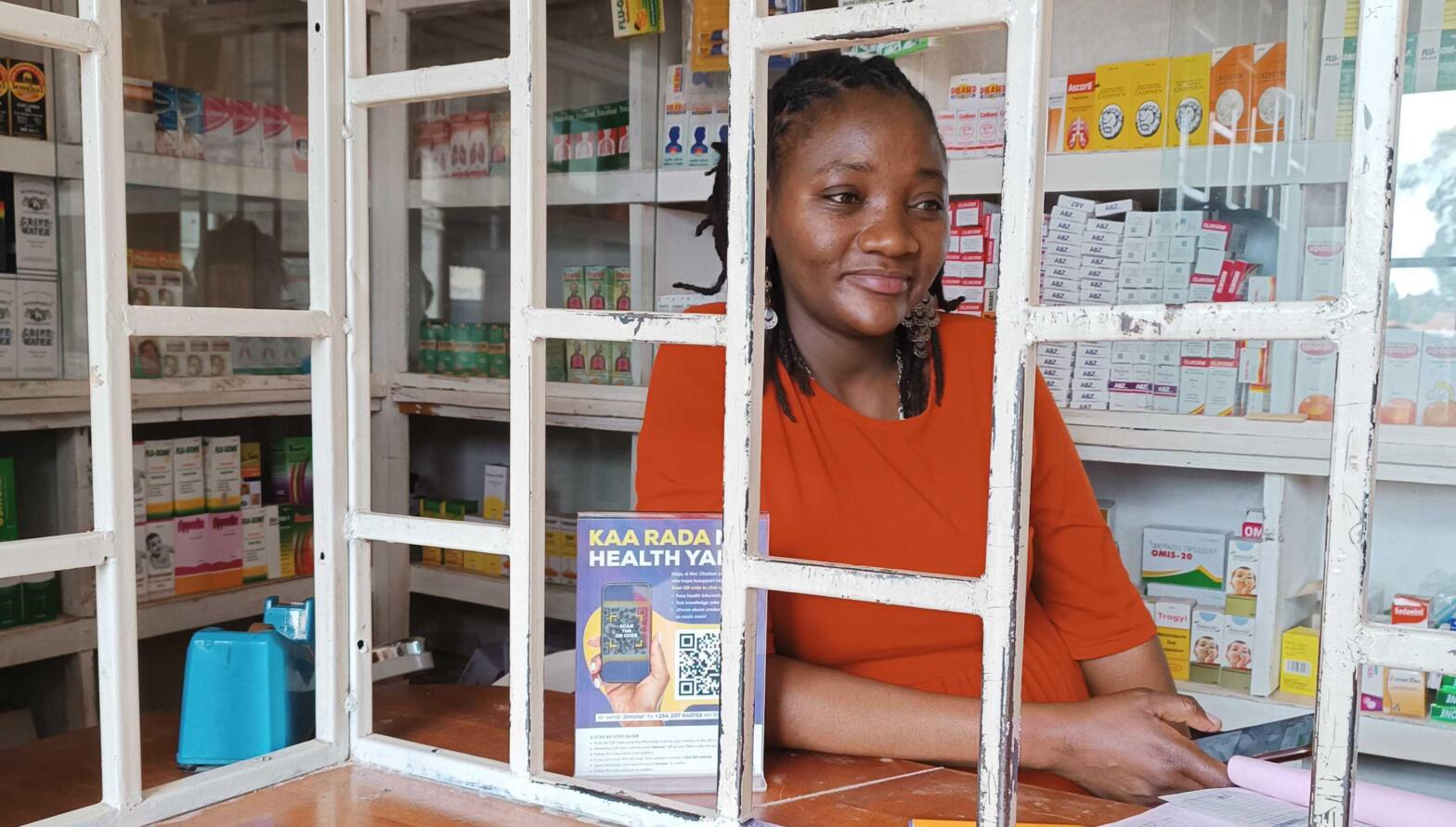By Sara Gomez
Nivi is a behavior change digital health company that connects consumers and health system stakeholders. For health educators, the WhatsApp-based “askNivi” chatbot engages individuals in one-to-one conversation to deepen awareness and strengthen intent to act.
For health care providers, Nivi generates referrals and promotes adherence to treatment. For health care payers (e.g., insurance), Nivi educates and enrolls new policyholders and improves uptake of cost-effective treatment for existing policyholders. Finally, for manufacturers, policymakers, and others who use real-time consumer dynamics, Nivi generates actionable insights on specific therapeutic areas including family planning.
Nivi recently signed on as a commitment maker and is excited about opportunities to connect with other commitment makers and expand systems that improve awareness and access to care.
As a function of its consumer engagement, the chat service can provide critical insights into health-seeking behaviors, readiness to seek care, and demand for family planning services. It is information that is useful not only for Nivi, but also for other commitment makers that want to better understand the types of contraceptive services that people in their areas are seeking, the challenges they face, and what can be done to facilitate access to care.
“The basic approach is that we run targeted campaigns. This is where our partnerships come into play. We built the platform to be used by others. We built the platform for organizations, nonprofits, commercial entities, and state agencies that want to optimize engagement with populations they aim to serve. It could be health promotion, it could be encouraging people to seek care …
Our commitment to the FP2030 community is to develop and deploy demand dynamics for family planning on a monthly basis. …The aim is to help the SRH [sexual and reproductive health] community to see, on a very regular basis, what’s happening with respect to upstream attitudes and behaviors, the enablers and the blockers, that ultimately drive downstream service delivery and improve family planning outcomes.”
